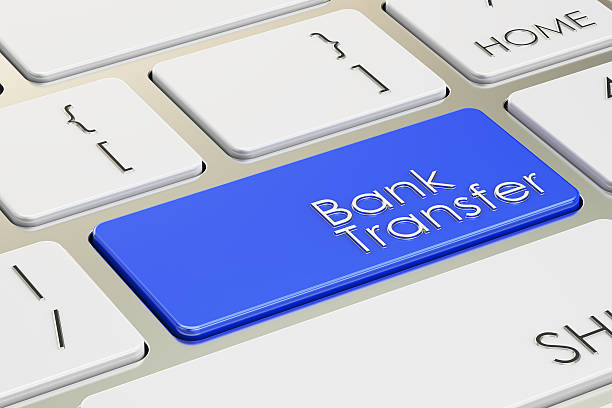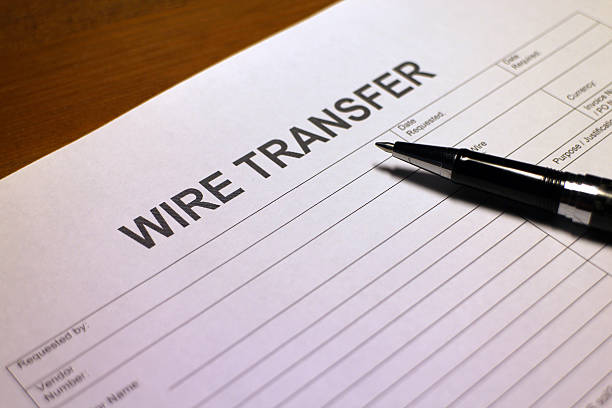Your bank's routing number is a nine-digit code that identifies your financial institution and helps direct electronic transactions accurately. While sharing your routing number is often necessary for legitimate transactions, it's important to be aware of potential risks and take steps to mitigate them.
Security Concerns Associated with Sharing Routing Numbers
Unauthorized Transactions: Sharing your routing number with unauthorized entities can potentially lead to unauthorized transactions, where funds are withdrawn from your account without your knowledge or consent.
Phishing Scams: Scammers might attempt to trick you into revealing your routing number through fraudulent emails, text messages, or phone calls. They may pose as legitimate organizations, such as banks or government agencies, to gain your trust.
Identity Theft: Fraudsters can use your routing number, in combination with other personal information, to commit identity theft. They might open accounts or conduct transactions under your name, causing significant financial harm.
Account Takeover: If cybercriminals gain access to your routing number along with other account details, they might attempt to take control of your accounts, transfer funds, and potentially create havoc with your finances.
Unintended Payments: Providing an incorrect routing number, even inadvertently, can lead to payments being misdirected to unintended accounts, causing confusion and potentially delayed or lost funds.
Best Practices for Sharing Your Routing Number Securely
Verify Requests: Before sharing your routing number, verify the authenticity of the requestor. Legitimate organizations will not ask for sensitive information through unsolicited emails or calls.
Use Secure Platforms: Share your routing number through secure channels, such as your bank's official website, mobile app, or in-person visits to your bank's branch.
Educate Yourself: Familiarize yourself with common phishing tactics and scams. Be cautious about clicking on links in unsolicited emails and always double-check the sender's information.
Monitor Your Accounts: Regularly review your account statements and transactions to detect any unauthorized or suspicious activity. Report any discrepancies to your bank immediately.
Protect Personal Information: Guard your personal information, such as your Social Security number and date of birth, as these details could be used alongside your routing number for malicious purposes.
Use Two-Factor Authentication: Enable two-factor authentication whenever possible, especially for online banking. This adds an extra layer of security to your accounts.
Report Suspicious Activity: If you believe your routing number has been compromised or you've fallen victim to a scam, report it to your bank and relevant authorities promptly.
Conclusion
While sharing your routing number is a necessary part of modern financial transactions, it's crucial to exercise caution and remain vigilant about potential security risks. By following best practices, staying informed about common scams, and being diligent in verifying requests for sensitive information, you can protect yourself from falling victim to fraudulent activities and ensure the security of your financial well-being.
Frequently asked questions (FAQs) related to bank routing numbers and bank routing information:




